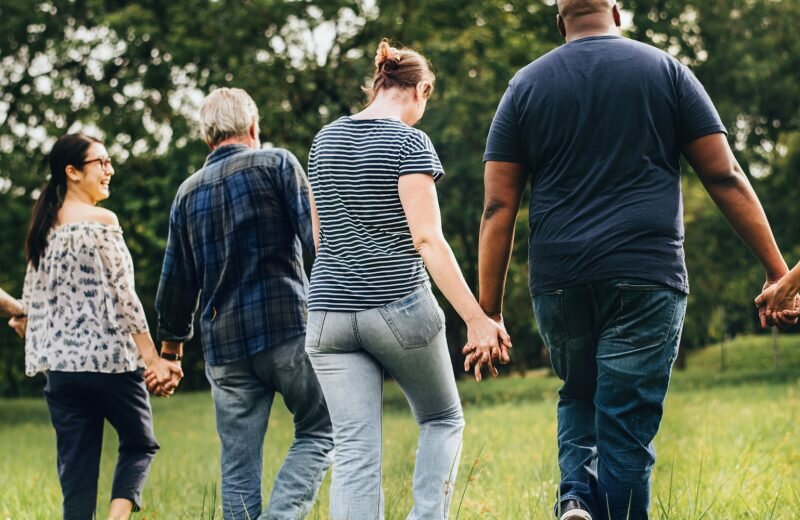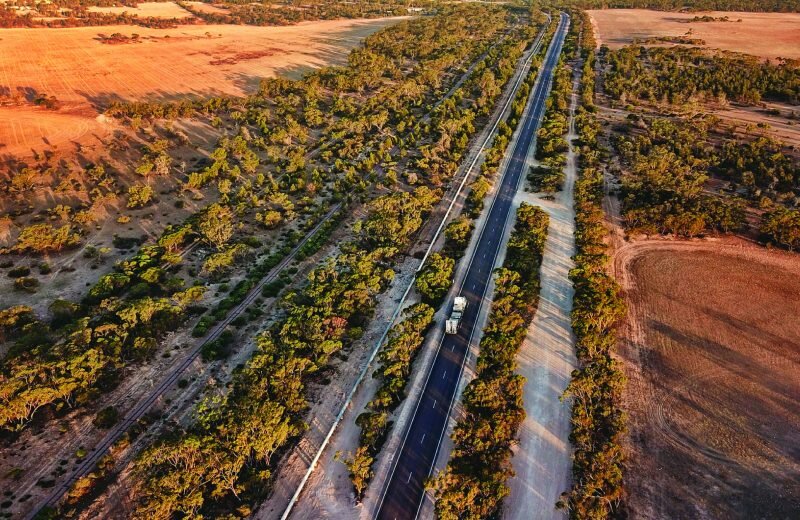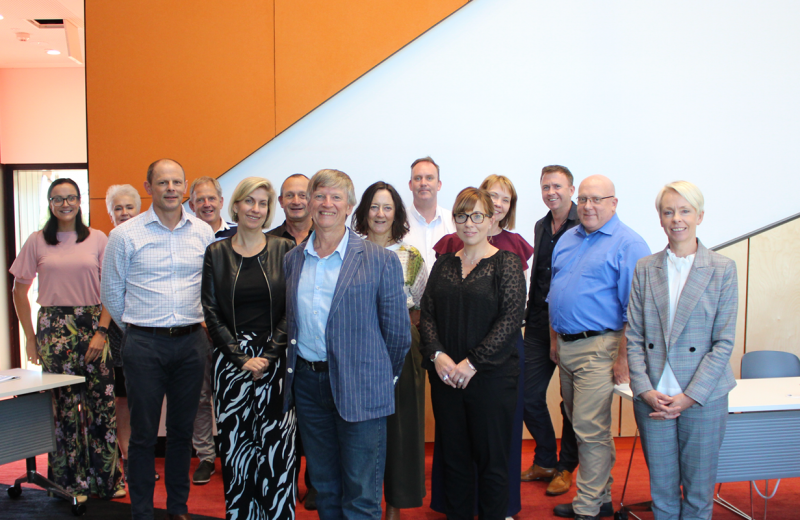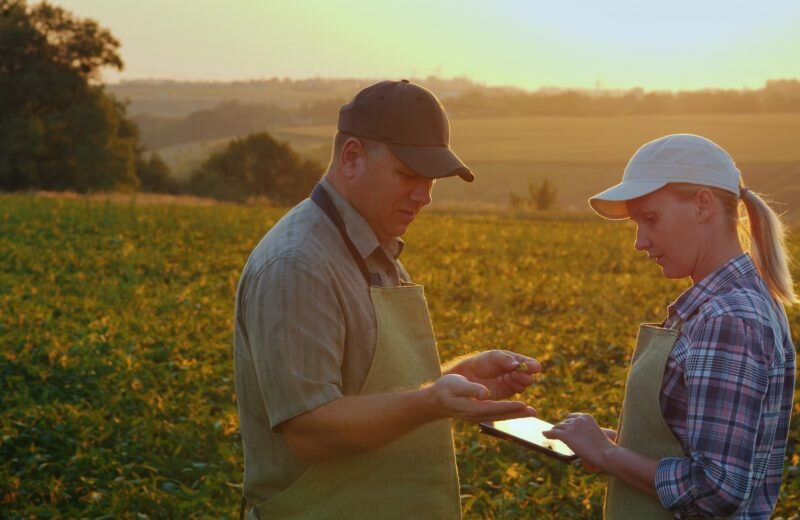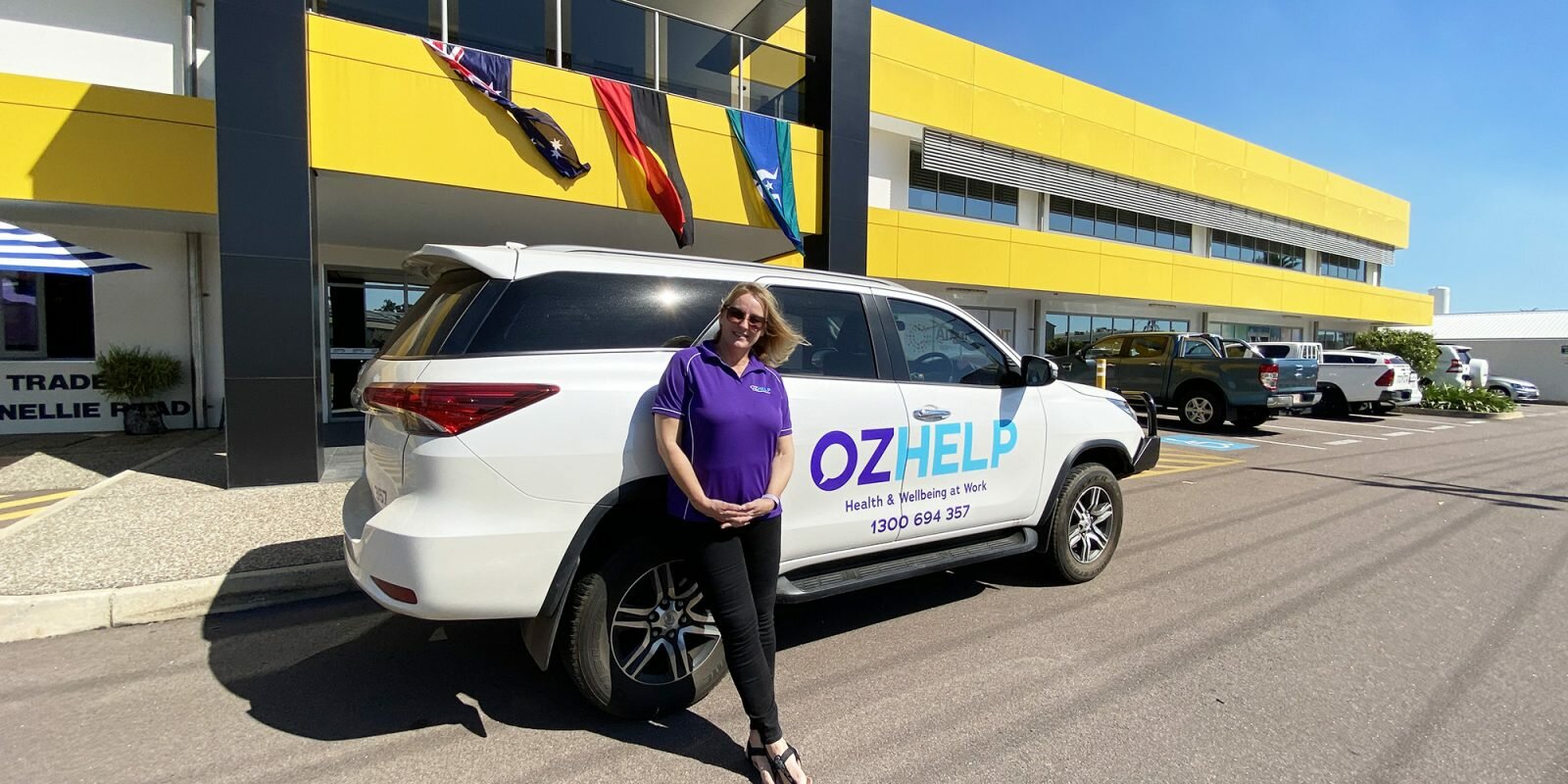
OzHelper profile: Tania takes on the NT one conversation at a time
Tania Whitehead, OzHelp’s Northern Territory Regional Manager is passionate about normalising the topic of mental health.
A former Lifeline trainer, and a Bachelor of Behavioural Science graduate from Charles Darwin University, she is well aware of the daily challenges and adversity that many Australians face.
We caught up with Tania to ask a few questions, and in her warm and conversational style, she happily answered.
Thanks for joining us today Tania. So tell us, what is it that gets you out of bed each day?
Over 3,000 Australians take their own lives each year. This is a huge and important motivator when you believe suicide is preventable. OzHelp’s work is crucial in helping to bridge the gap between knowing you don’t feel well, but not feeling confident, or knowing how and where, to seek help. By building rapport, starting a conversation and providing links to services and support, we can be that first step in helping someone to seek help. I’d like to make talking about mental health and help-seeking so accepted that when you hit a rough patch, you can reach out with no barriers. If I can play a part in raising awareness, and reducing the stigma around mental health and suicide, then I am happy.
Why are health and wellbeing programs at work so important?
It makes sense for workplaces to make mental health and wellbeing services available to their people; especially where workers are isolated in remote locations, away from their families, or are working in jobs that are physically demanding or dangerous.
Imagine if every high-risk workplace in Australia had access to evidence-based mental health training and support. If we made it easy for people to access training and support, before there is a crisis, people may be more open to talk things through, before small issues become big things.
What role does workplace culture play in creating a mentally healthy environment?
Workplace culture is possibly the most important factor. We spend the majority of our time at work, and it is a workplace’s duty to look after workers’ psychological safety as well as their physical safety. Making workers feel valued and supported is one way to do this. This could be workplace programs about mental health and wellbeing, suicide prevention training, and easy access to resources and service options. Workplace culture and stigma reduction start at the top. Supportive leaders have a huge part to play in helping it permeate through the workforce.
What does a normal workday look like for you?
It’s never the same. One day I can be working with a group of tradies on a site in Darwin, and the next I can be hosting training sessions on a remote cattle station. I have worked as a permanent presence on mining projects in remote locations, as being available on site is a great way to connect with people. Many employers are realising that opening their door to health and wellbeing initiatives is not only the right thing to do, it’s good for their business and it feels good too.
And finally, our favourite thing to ask… What keeps you well?
It’s absolutely my mindset that keeps me well. I try to stay positive and find the ‘good’ in even the most challenging days. No one is immune to mental health challenges and I recognise and accept when I am not feeling okay, and focus on the things that I enjoy. I eat well, and keep fairly fit. Yoga is my ‘go to’. I have my people I talk to, but I don’t allow myself to sit in a negative mindset for too long. Also it’s really important for me to find humour in just about everything. I also love my family, my people and my home, why wouldn’t I… I live in Darwin!!
Tania is OzHelp’s Northern Territory Regional Manager. She has been with OzHelp since 2016 and travels extensively to deliver OzHelp’s training and support programs within the Territory and interstate. You can reach Tania on 0437 621 652 or via email
Need to talk to someone?
You can reach an OzHelp support officer on (9am – 5pm, Mon – Fri). You can access 24/7 support by calling Lifeline on 13 11 14, Beyondblue on 1300 22 4636, or MensLine Australia 1300 78 99 78.
You may also find it helpful to talk to your GP, local health professional or someone you trust.

